Growing momentum for decentralized climate policy and the falling costs of low‐carbon technologies are creating new climate change mitigation opportunities for subnational actors.
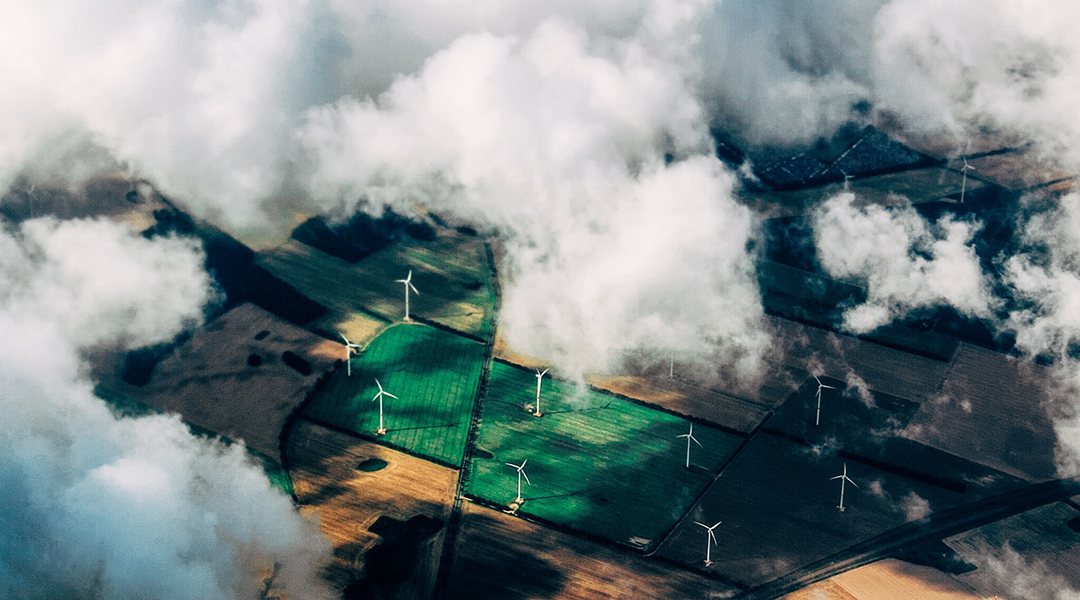

Growing momentum for decentralized climate policy and the falling costs of low‐carbon technologies are creating new climate change mitigation opportunities for subnational actors.

Permafrost thaw is impacting the availability of North American water resources. To manage this precious resource, guidelines for using new investigative tools are needed.
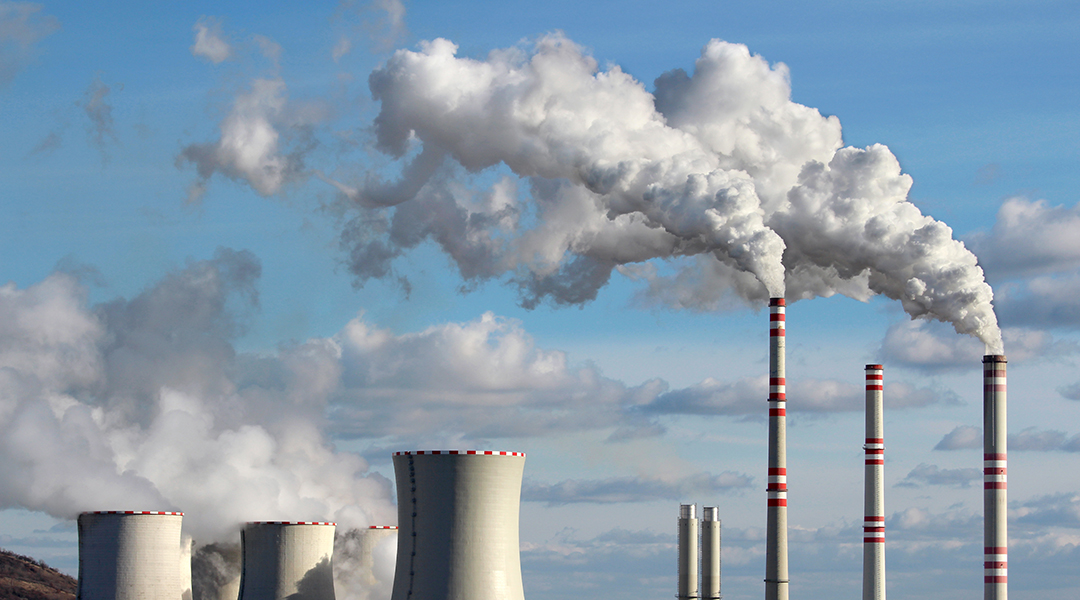
Deliberate decline in carbon-intensive practices is currently taking shape as a new way to confront climate change.
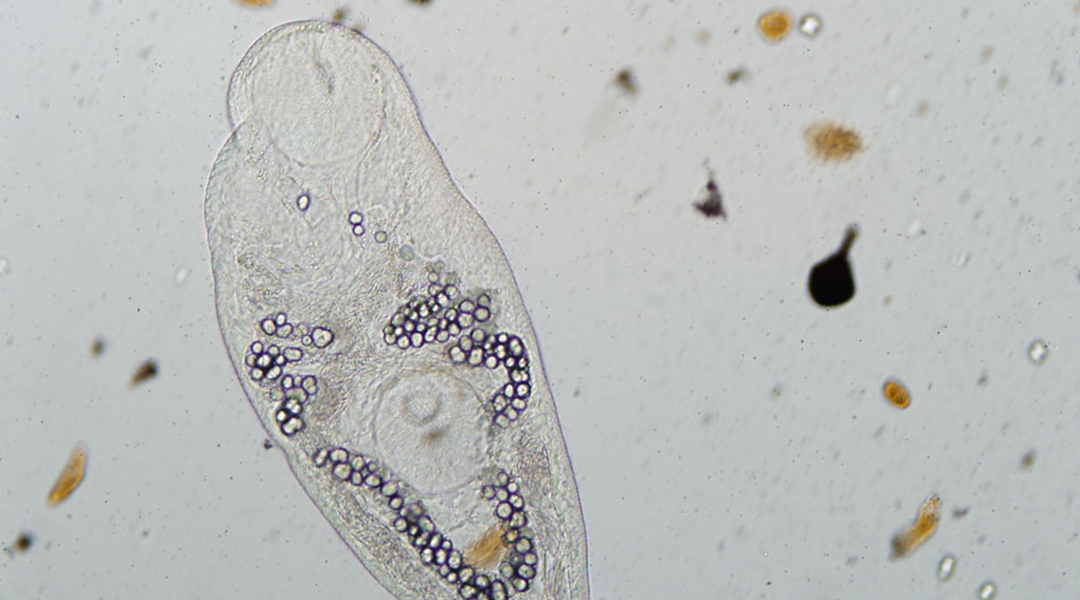
Parasites serve critical ecological roles, like regulating wildlife, and yet are mostly left out of conservation activities and research.

Cellulose-based energy storage devices could provide a viable solution to creating sustainable, inexpensive electronics.
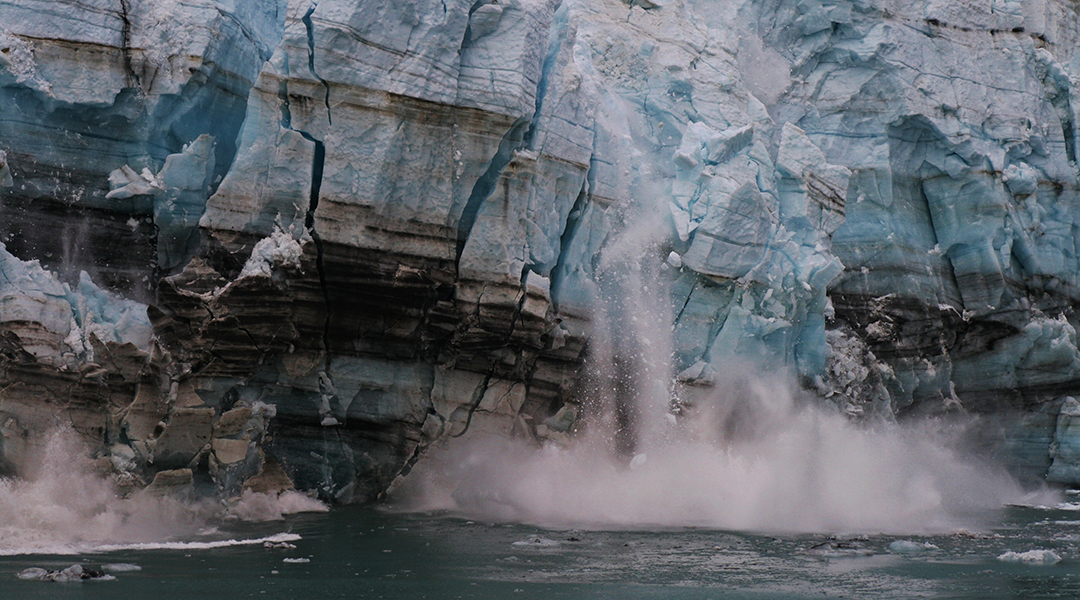
What is the nature, psychological significance, and issue engagement influence of personal experience when it comes to climate change?
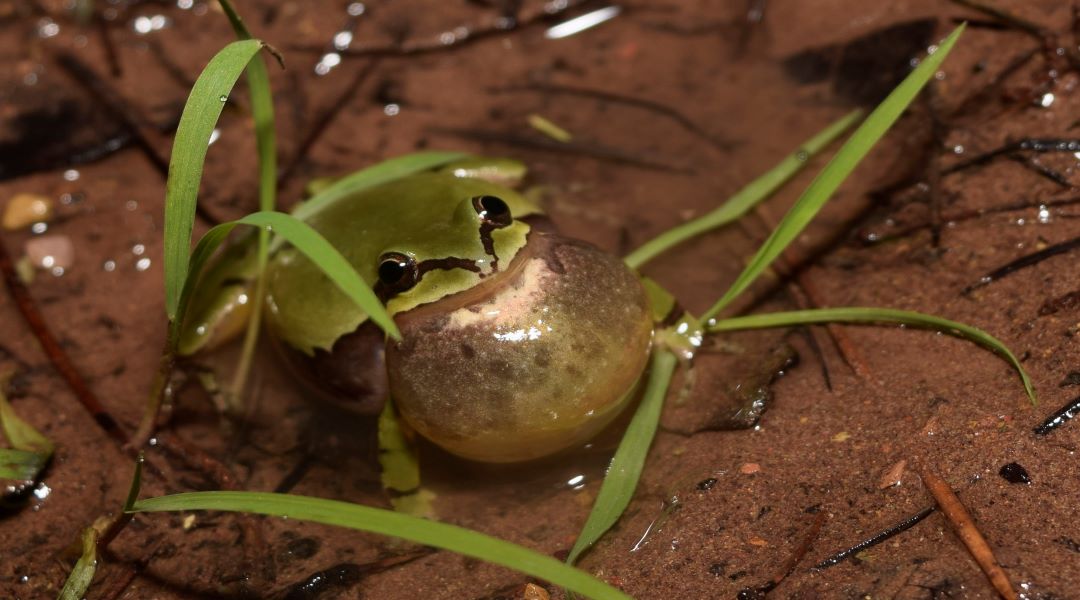
Understanding how global threats affect amphibian species on a regional scale is necessary for effective management and conservation.

Researchers explore an alternative, green supercapacitor concept that relies on seawater and carbon fibers derived from waste cotton.
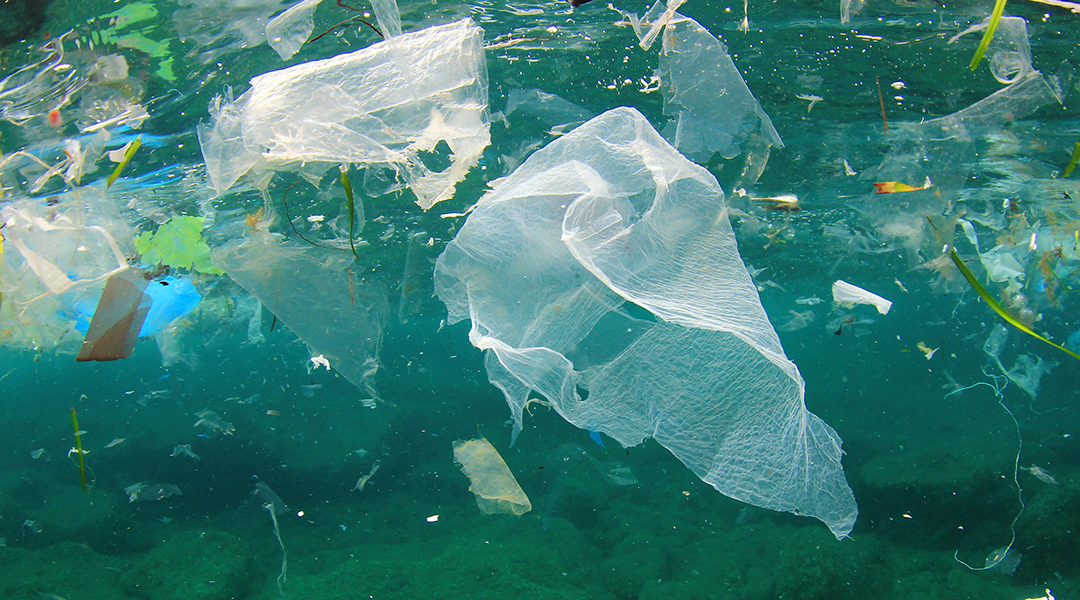
A recent study finds that up to 31% of plastic exported for recycling is not recycled at all.

Researchers explore challenges and opportunities in the development of new green solvents for polymer chemistry.